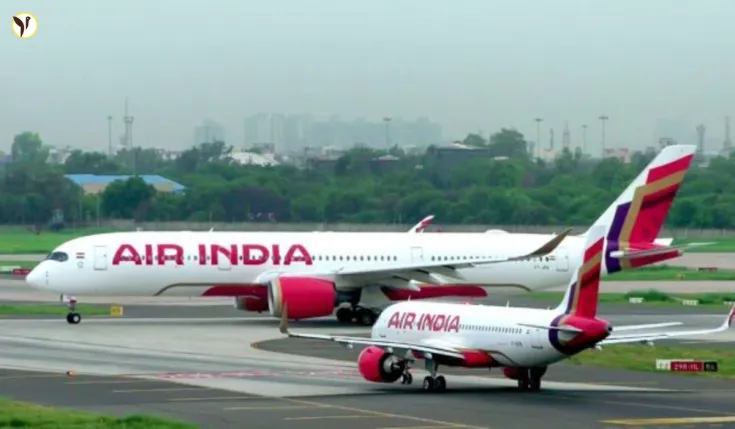India Airport Closures: Operation Sindoor's Impact on Air Travel
In the early hours of Wednesday, the Indian Armed Forces launched "Operation Sindoor," a series of precision strikes targeting terrorist infrastructure in Pakistan-occupied Kashmir (PoK) and Pakistan's Punjab province. This military action, a response to a deadly Pahalgam terror attack that claimed 26 lives, has led to significant disruptions in air travel across northern India. Several airports remain closed, causing widespread flight cancellations and diversions.
The Ripple Effect of Operation Sindoor
The swift military response, while aimed at neutralizing terrorist threats, has resulted in temporary airspace restrictions across a large swathe of northern India. This has directly impacted civilian air travel, with multiple airports forced to temporarily shut down their operations for commercial flights. The closures are a precautionary measure to ensure safety and security in the region. The Indian government and the Indian Air Force have prioritized the safety of civilians and made sure that airspace restrictions do not endanger any civilians.
Airports Affected: The closures have affected major airports, including:
- Srinagar (SXR)
- Jammu (IXJ)
- Leh (IXL)
- Amritsar (ATQ)
- Dharamshala (DHM)
In addition to these major hubs, several other airports experienced disruptions, including Jodhpur, Bikaner, Gwalior, Bhuj, Jamnagar, Chandigarh, and Rajkot. Flights to and from these airports were either cancelled or significantly delayed, causing major inconvenience to many travellers.
Airlines Affected: Major Indian airlines, including IndiGo, Air India, SpiceJet, and Akasa Air, have all issued travel advisories and implemented cancellations. IndiGo alone reported cancelling around 160 domestic flights. The airlines have generally offered rebooking options and full refunds to affected passengers.
Impact on Passengers: Thousands of passengers have experienced significant travel disruptions due to the airport closures. Many flights have been cancelled, and others diverted, leaving travellers stranded or facing significant delays. The uncertainty surrounding the duration of the closures has added to the stress for those with upcoming travel plans.
Beyond Airports: The heightened security situation also impacted educational institutions. Schools and colleges in several districts of Jammu and Kashmir, and border areas of Punjab were closed as a precautionary measure. Even examinations were postponed in some areas.
What Travelers Should Do
If you have flights scheduled to or from any of the affected airports, it is crucial to:
- Check with your airline for the latest updates on flight status.
- Monitor official announcements from the Airports Authority of India and relevant aviation authorities.
- Be prepared for potential delays or cancellations.
- Understand your rights as a passenger regarding refunds or rebooking.
The situation is dynamic, and updates are expected as the security situation evolves. Staying informed and flexible is key to managing travel during this period of disruption.
Conclusion
Operation Sindoor's impact on civilian air travel in northern India underscores the far-reaching consequences of geopolitical events. The temporary airport closures, while a necessary precaution given the heightened security concerns, have caused widespread inconvenience and disruption for thousands. Travelers are advised to remain vigilant, check for updates frequently, and contact their airlines directly for the most up-to-date information.






